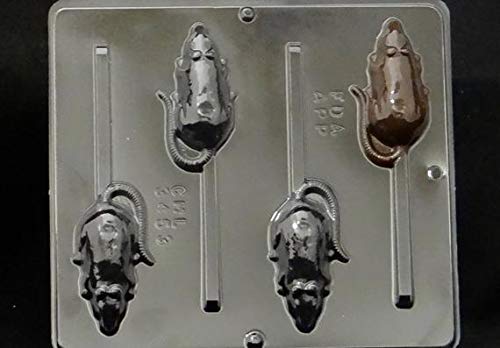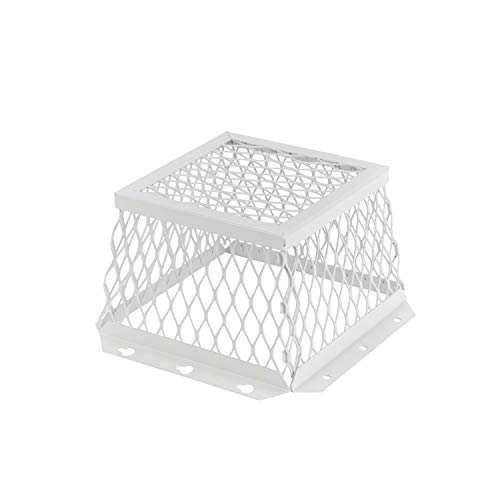puffnstuff
Well-Known Member
Does anybody have any background info as to why tumours seem to be so common and aggressive in domestic rats?
We just lost our old girl Mustang to a uterine tumour (2 years old, so not really that old).
What I feel badly about is that there were no signs in advance. Early intervention might have extended her life. Everything was internal, and this awful thing must have been growing inside her and eating away at her for who knows how long. No apparent pain or discomfort, no change in behaviour. I wish she would have been able to tell us that something was wrong!
They said it was probably a very aggressive and fast growing tumour, and it ruptured causing massive blood loss. Perhaps the type that grows exponentially and the cells double each day. One day she was fine, next day she's showing signs of some sort of infection. Put her on antibiotics, and 2 days later a 3 cm huge bloody mass is hanging outside of her body. It's an image I don't think I will ever be able to forget. It could have grown so large that it took over every available space inside her, and then had nowhere to go but through the vaginal canal and outside. Odd thing is, there was no weight gain; a slight noticeable puffiness to her abdomen over the final 48 hours, but zero change in weight.
Anyway, I was totally blindsided by this.
As I scoured these boards last night looking for answers, I was surprised to find so many discussions about tumours and lumps. Seems to be very common, and almost expected when a rat reaches a certain age? Why is this? Is there something in the general gene pool that makes these pets so susceptible? Is it something in the diet? You'd think that with a hundred years or more of medical research using lab rats, that something like this would have been figured out by now.
Do any pet rats just pass away peacefully of old age? Why does it seem that most rats end up getting sick and requiring medical intervention? Not fair that these wonderful pets are susceptible to so many illnesses, and have such shortened lives. 24-36 months is not enough.
I guess I'm not really looking for answers to any of my philosophical questions. I'm just angry and upset that this happened, and that nobody saw any signs, and that even though we thought we did the right thing by seeking help, she could not be helped.
We just lost our old girl Mustang to a uterine tumour (2 years old, so not really that old).
What I feel badly about is that there were no signs in advance. Early intervention might have extended her life. Everything was internal, and this awful thing must have been growing inside her and eating away at her for who knows how long. No apparent pain or discomfort, no change in behaviour. I wish she would have been able to tell us that something was wrong!
They said it was probably a very aggressive and fast growing tumour, and it ruptured causing massive blood loss. Perhaps the type that grows exponentially and the cells double each day. One day she was fine, next day she's showing signs of some sort of infection. Put her on antibiotics, and 2 days later a 3 cm huge bloody mass is hanging outside of her body. It's an image I don't think I will ever be able to forget. It could have grown so large that it took over every available space inside her, and then had nowhere to go but through the vaginal canal and outside. Odd thing is, there was no weight gain; a slight noticeable puffiness to her abdomen over the final 48 hours, but zero change in weight.
Anyway, I was totally blindsided by this.
As I scoured these boards last night looking for answers, I was surprised to find so many discussions about tumours and lumps. Seems to be very common, and almost expected when a rat reaches a certain age? Why is this? Is there something in the general gene pool that makes these pets so susceptible? Is it something in the diet? You'd think that with a hundred years or more of medical research using lab rats, that something like this would have been figured out by now.
Do any pet rats just pass away peacefully of old age? Why does it seem that most rats end up getting sick and requiring medical intervention? Not fair that these wonderful pets are susceptible to so many illnesses, and have such shortened lives. 24-36 months is not enough.
I guess I'm not really looking for answers to any of my philosophical questions. I'm just angry and upset that this happened, and that nobody saw any signs, and that even though we thought we did the right thing by seeking help, she could not be helped.










































